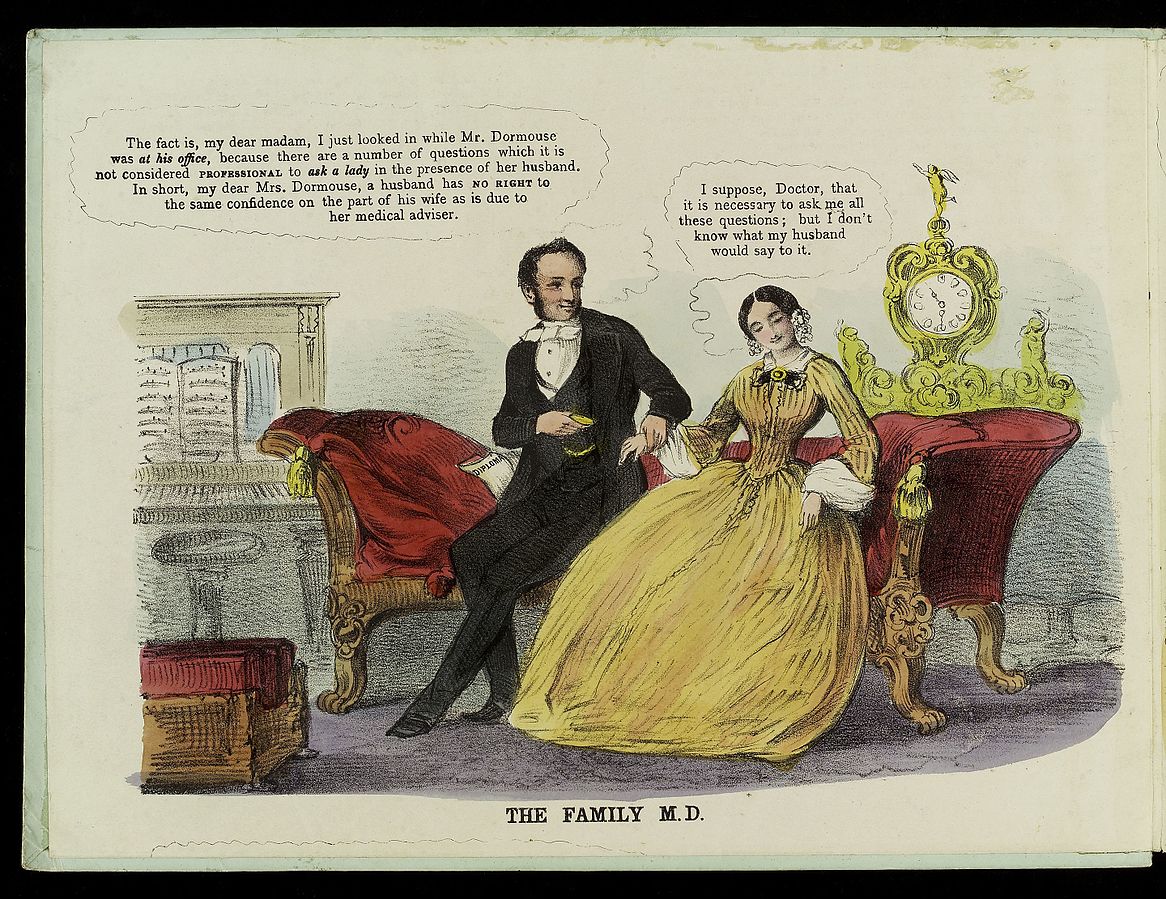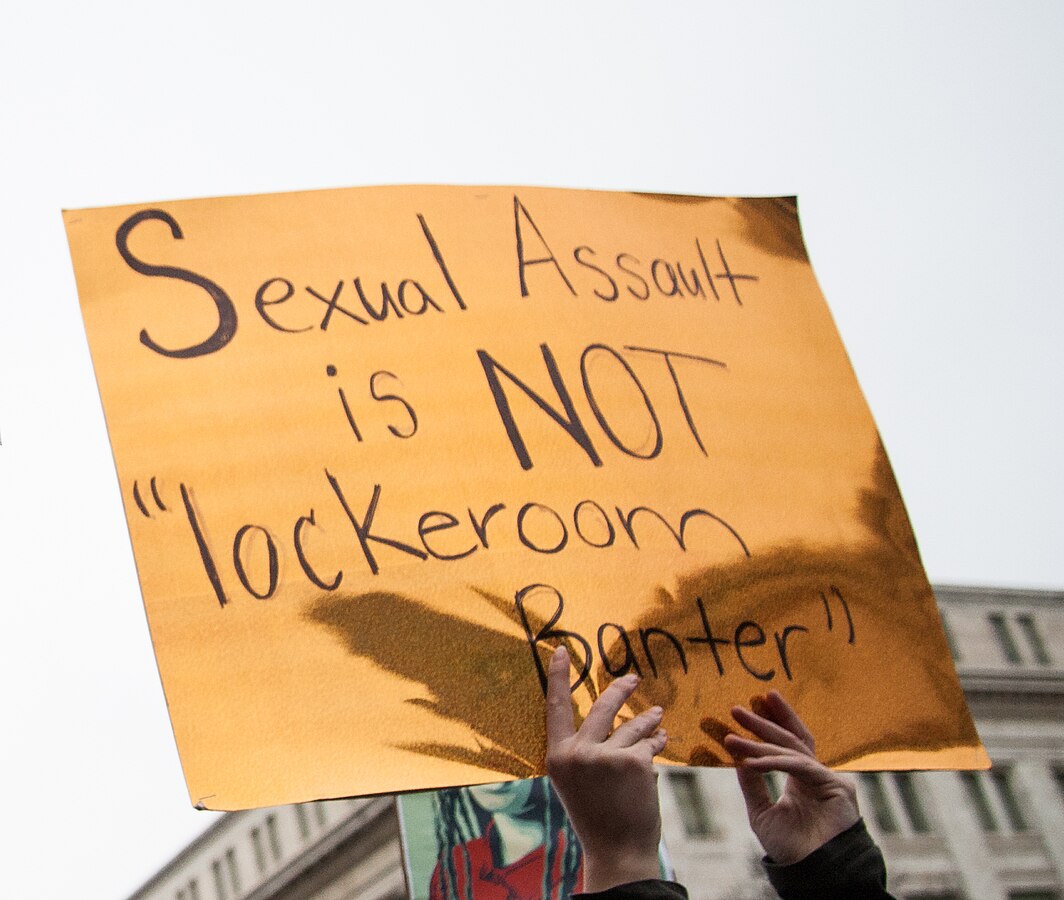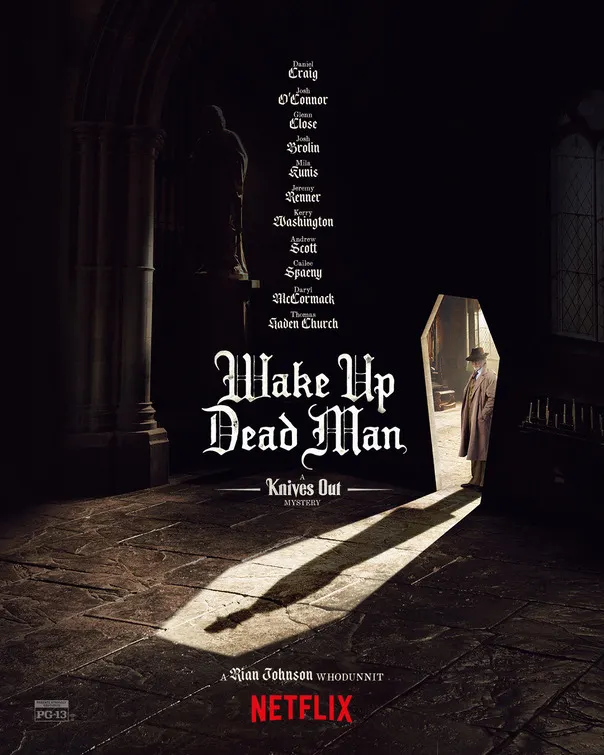- Dear Cordia, an Imaginary Gardens Advice Column: R. E. S. P. E. C. T.
- Dear Cordia, an Imaginary Gardens Advice Column: The Iliad of Intolerance
- Dear Cordia, an Imaginary Gardens Advice Column: Brave Boundaries
- Dear Cordia, an Imaginary Gardens Advice Column: No Place Like Home for the Holidays?
- Dear Cordia, an Imaginary Gardens Advice Column: The Twisted Game of Red Light Green Light
By Cordia Paxson
“Everyone deserves respect, support, and the opportunity to succeed without compromising their education or employment. Title IX is more than a law—it reflects real experiences that affect people’s personal, academic, and professional lives.”
Allyson Torres Beckman, Deputy Title IX Coordinator and Director of Institutional Compliance
Trigger Warning: Sexual Assault
This article discusses themes of sexual assault and abuse, which may be distressing for some readers. Please take care while reading and step away if needed. This article was written to raise awareness and work toward ending abuse in all its forms. If you or someone you know is experiencing sexual assault, help is available. In the U.S., you can contact the National Sexual Assault Hotline at 1-800-656-4673 or text HOPE to 64673. To learn more information, please visit www.rainn.org.
Confused eyebrows were raised in early October when every student and staff member of Pellissippi State Community College was notified to take the annual Title IX training course. This training caused an array of emotions from students and faculty, ranging from total obliviousness of the subject to, as one student said, “It was so stupid.”
It is one thing to be oblivious, but the annoyance that stems from naivety with the training is what concerns me the most. If you have ever been discriminated against or sexually harassed, you should know that laws have been put in place to protect you and help you navigate recovery.

The Tennessee Board of Regents (TBR) clearly states on this matter, “Title IX of the Education Amendments of 1972 (20 U.S.C. §. 1681) was the first comprehensive law to prohibit sex discrimination against students and employees of educational institutions. It is one of several federal and state anti-discrimination laws that define and ensure equality in education.” However, this is all legal jargon that people often choose to overlook and deem “stupid” or “not important” when, in reality, Title IX might be one of the most vital pieces to creating a safe college environment.
Simply put, the Title IX training was put in place to fight against sex-based discrimination, stalking, sexual harassment, and sexual misconduct. It also protects students and staff who are pregnant, breastfeeding, or are experiencing pregnancy-related complications.
To understand the importance of Title IX, we must first understand how it affects real people who lived through experiences that Title IX wants to protect us from.
Sexual abuse comes in many different ways; one of the most common forms of abuse happens in a relationship. A few years ago, one of my best friends, whom we will call Mia, started dating this guy she met through some other friends. They had only been together for six months before his affectionate PDA started getting more aggressive, i.e., trying to pull her pants down, running his hands up her shirt, and aggressively kissing her to keep her from saying anything about it.
Both parties were very young, and Mia was not aware of how to pay attention to this kind of behavior; she thought it was totally normal and that it was how people in a relationship communicated when alone. It wasn’t until one day after church when she was sitting in his car that he began to kiss her and lift up her dress. She pulled away from him, embarrassed; they were sitting in a public space, in a church parking lot. He asked her if he could touch her and she promptly responded “no.” Mia didn’t feel ready and was uncomfortable with someone she had only just started dating seven months ago touching her privately. After telling him no, he argued with her and she eventually compromised with him by saying they could just kiss.
After they kissed for a minute or two, Mia’s boyfriend started lifting up her skirt again, but this time he wasn’t backing away. The kiss became aggressive, and Mia kept trying to scream, but he had her pinned to the seat. Everything abruptly stopped when one of Mia’s friends found her in the car. Mia’s friend still doesn’t know what was happening in the car, but Mia, to this day, thanks her for happening upon them. Mia continued to stay in this relationship for another month before her boyfriend broke up with her due to him “not loving her the same.”
Mia’s situation has scarred her for life. Every relationship she has been in since seems jaded and unsafe. Her story is a perfect example of why Title IX is important; people often want to pretend like bad things don’t happen when that sort of interaction actually happens all of the time.

When asked about the impact of Pellissippi State’s Title IX training, Deputy Title IX Coordinator and Director of Institutional Compliance Allyson Torres Beckman said, “The training helps the college community understand rights, responsibilities, and where to turn for support. It equips faculty and staff to recognize when someone may be struggling.”
Mia’s story is just one example of how sexual misconduct can impact someone’s life and sense of safety. Unfortunately, she is not alone; many others have faced similar situations, each with their own challenges and settings. Abuse happens everywhere.
One student I spoke with had a similar situation, but this time it was online. At the age of 14, Sara found herself in an online relationship with a 20-year-old man. After beginning the relationship, he coerced her into recording erotic roleplays.
Another student and friend experienced sexual abuse when he was even younger. At nine years old, Jace was raped by one of his best friends of the same sex. Jace’s abuser threatened that he wouldn’t be his friend if Jace didn’t comply.
The last student and friend I spoke with experienced sexual discomfort and abuse during one of his first dating relationships. In high school, Anthony began a relationship with a girl who constantly pushed his boundaries sexually, trying things he didn’t like and continuing to do them regardless of Anthony telling her to stop.
A common misconception is that abuse only happens in certain types of relationships; both of these are examples that disprove this false misconception. Beckman addressed some more misunderstandings about Title IX, stating, “Many people think Title IX only applies to sexual assault or workplace discrimination, but it covers a wide range of behaviors that affect well-being and access to education or employment. While terms like Title IX, domestic/dating violence, sexual assault, and stalking are legal terms, the reality is often much deeper and personal. The training provides a foundation for recognizing that abuse can take many forms.”
Some of these forms consist of Physical abuse (hitting, pushing, or restraining), Sexual abuse (unwanted sexual contact or pressure), Emotional or verbal abuse (manipulation, humiliation, or threats), Financial abuse (controlling or restricting access to money), Technology-facilitated abuse (using phones or online platforms to harass or control), and/or Stalking (repeated, unwanted attention or tracking). All of these abuse forms happen regardless of age, sex, or race.
Beckman later says, “The training also clarifies that consent must be voluntary, informed, and ongoing—it cannot be given if someone is incapacitated or pressured, and it can be withdrawn at any time.” As clear as consent seems to be on paper, it proves to be one of the leading struggles young adults deal with in their romantic and sexual relationships. Saying “no” can’t prevent every situation, but empowering each other to be brave with our boundaries could prevent so much pain and lasting trauma.

Beckman continues, saying, “Discussing consent reduces confusion, promotes mutual respect, and provides practical knowledge for bystander intervention—helping anyone safely step in, distract, or get help when observing concerning behavior.” The Title IX training Pellissippi State provides each individual with the tools to educate themselves about this subject. The first step? Taking it seriously.
Special note: Below the disclaimer, you will find some resources provided by Pellissippi State’s Deputy Title IX Coordinator and Director of Institutional Compliance, Allyson Torres Beckman, for getting help if you or someone you know has experienced a situation like the ones described above. Please do not hesitate to get help. Your reaching out could not only help you but also encourage others to be brave.
Love,
Cordia Paxson
Disclaimer: Be brave in your boundaries. Getting support from friends, family, or a counselor when navigating relationships is vital. This article is for general informational purposes only and is not a substitute for professional counseling or crisis support. If you are experiencing a personal crisis, emotional distress, or feel you may need counseling, please reach out to the Pellissippi State Counseling Services at counseling@pstcc.edu or call 865.694.6480 for support. If you are in immediate crisis, please call the Suicide & Crisis Lifeline at 988 to connect with help right away. Additionally, if you are in an unsafe situation, please call the Pellissippi State Campus Police at 865.694.6649, available 24/7. As a reminder, campus police encourage students to add this number to phone contacts in the case of an emergency. You can also text “PSCCTIPS” to 67283 for an Anonymous Safety Tip.
If anyone has experienced or knows someone who has experienced sex-based discrimination, sexual harassment, or violence, please email compliance@pstcc.edu and complete the Sexual Misconduct/Relationship Violence form.
Questions or concerns can be directed to either the Executive Director of Institutional Compliance & Title IX Coordinator, George Underwood, or Allyson Torres Beckman, the Deputy Title IX Coordinator and Director of Institutional Compliance.
There are also national, state, and local hotlines and centers that provide a wide range of well-being support. Here are some examples
Sexual Assault Center of East Tennessee*
865-522-7273 (24/7)
www.mcnabbcenter.org/victim-services/#sexual-assault
Family Crisis Center*
865-637-8000 (24/7)
Knoxville Family Justice Center*
865-521-6336
The Trevor Project
1-866-488-7386 (Text START to 678-678)
National Domestic Violence Hotline
1-800-799-7233 (Text START to 88788)
National Sexual Assault Hotline
1-800-656-4673 (Text HOPE to 64673)
Love Is Respect
1-866-331-9474 (Text LOVEIS to 22522)
HOPE Resource Center*
865-525-4673
*Local community resources that provide direct services in Knoxville and East Tennessee




